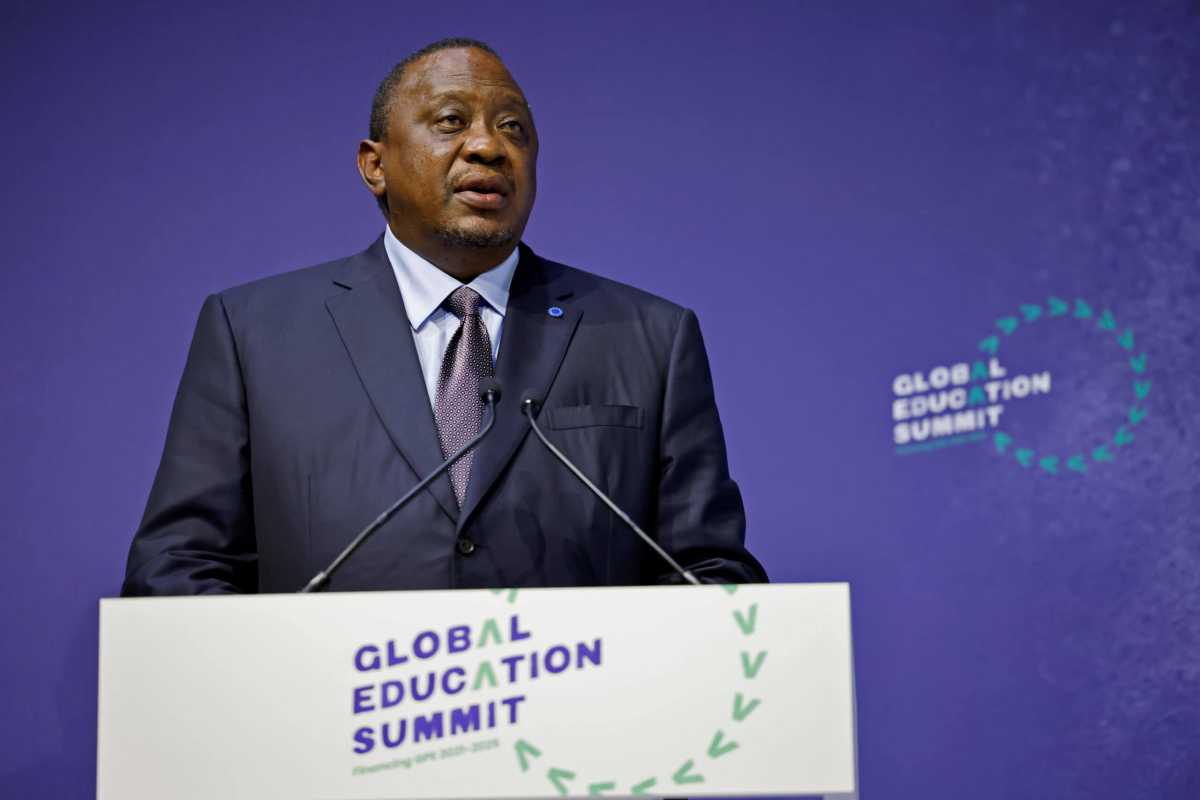The inaugural summit between the 55-member nations of the Africa Union and the Caribbean’s 15-member CARICOM is on and being touted as historic.
“It is truly an historic event,” David Comissiong, Barbados ambassador to CARICOM said, “and I hope and trust it will be telecast live to the peoples of the Caribbean community on multiple platforms inclusive of our national television stations.”
Commissiong was jubilant about the premiere convening of Pan-African leaders despite the virtual format necessitated by the COVID-19 pandemic.
Slated to commence on Sept. 7, according to the Barbados emissary, the first such meeting is being held at a time that marks the “48th anniversary year since the establishment of CARICOM; 53 years after the founding of CARIFTA (Caribbean Free Trade Agreement); 58 years since the establishment of the Organization of African Unity (OAU); 76 years after the fifth Pan-African congress which (was held in Manchester, England and united African and Caribbean leaders to conceive decolonization and self-governance); and 500 years after the commencement of the criminal and tragic European enslavement of Africans to the Caribbean.”
It is his belief that exchanging ideas will unite continents and countries — often referred to as Developing or Third World Nations.
Participants at the event will include heads of state and government of the Caribbean community and the African Union, Chairs of CARICOM and the African Union Commission, and the Africa Regional Economic Communities (RECs), the Secretaries-General of CARICOM and the Organization of the African Caribbean and Pacific States (OACPS), and the President of Caribbean Development Bank (CDB).
Kenya will host the virtual event under the theme ‘Unity Across Continents and Oceans: Opportunities for Deepening Integration.’
Kenya’s President Uhuru Kenyatta will chair the summit.
Postponed from last year schedule due to the Covid-19 pandemic, the summit follows on the Declaration by the African Union of the Diaspora as the sixth region of Africa and follows a series of visits between the leaders of CARICOM and Africa.
Two years ago, Ghanaian President Nana Akufo-Addo and President Kenyatta of Kenya visited the Caribbean.
Barbados Prime Minister Mia Mottley reciprocated a year later by visiting Kenya.
While in Kenya, PM Mottley unveiled a plaque for a CARICOM diplomatic mission at an ultra-modern business complex in Nairobi.
Last year, Trinidad & Tobago’s PM Keith Rowley travelled to Ghana.
And over the past two years, Jamaica’s Prime Minister Andrew Holness has visited Namibia, South Africa and Kenya.
Recently, CARICOM chairman, Prime Minister of Antigua and Barbuda, Gaston Browne announced that the mission will soon be opened as he is committed to strengthening relations between CARICOM and Africa during his term as chair of the regional integration movement.
The mission, he said, would serve as CARICOM’s platform in Africa with a mandate to develop beneficial relations with all countries on the African continent.
With recent volcanic eruption on the island of St. Vincent, earthquakes in Haiti and throughout the Caribbean, devastating flood rains and drought, some of the region’s major concerns will include climate change as well as challenges related to combating the COVID-19 virus.
Reportedly, the African Union generously agreed to invite CARICOM to be part of the African Medical Supplies Platform (AMSP) for the acquisition of COVID-19 vaccines which allowed the Community to benefit from bulk purchasing.
The vaccines began arriving in CARICOM two months ago.
However, a spike in infections continue to demand weekly curfews and quarantine in Jamaica where vaccine hesitancy seems to hinder herd immunity,
Africa’s primary focus will center around greater economic trade and investment opportunities as well as global challenges often ignored during G-7 meetings in Europe.
It is also expected that there will be agreement to host the CARICOM-African Union collaboration on a bi-annual timeline.
The countries that comprise CARICOM cover a total area of over 177,000 square miles, and the total population among the 15 countries is more than 18 million.
Member nations include independent countries as well as dependencies of England — Antigua and Barbuda, Jamaica, St. Lucia, The Bahamas, Barbados, Cuba, St. Vincent & The Grenadines, Grenada, St. Kitts & Nevis, Trinidad & Tobago, Dominica, Haiti, the Dominican Republic, Suriname, Belize, Guyana, and Montserrat, a British territory.
At press time there was no announcements as to whether arrangements were made to livestream the event.























